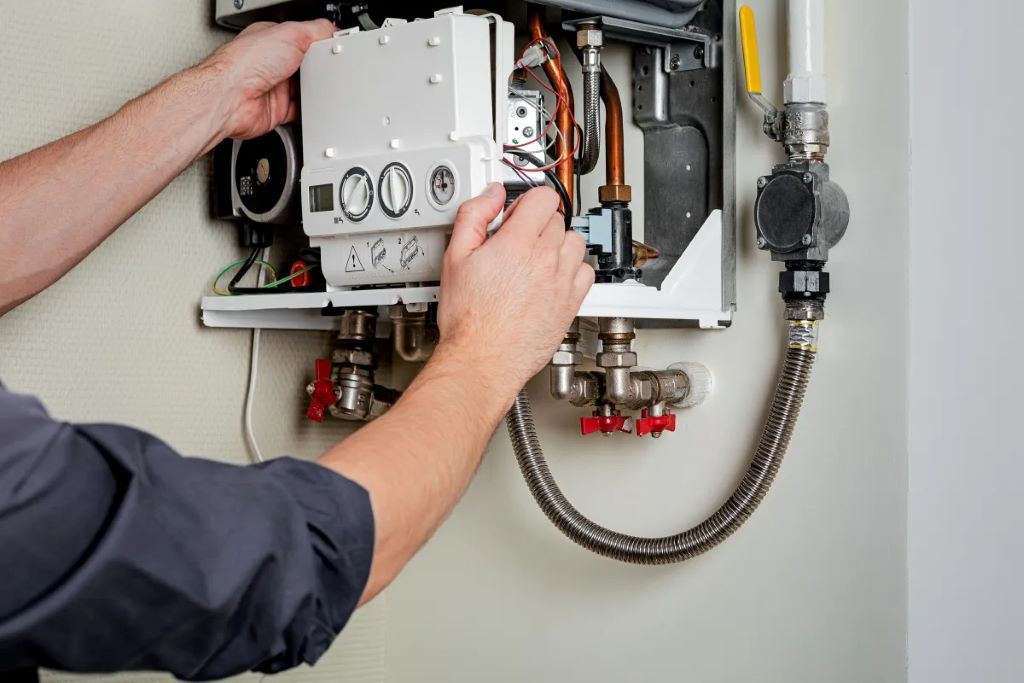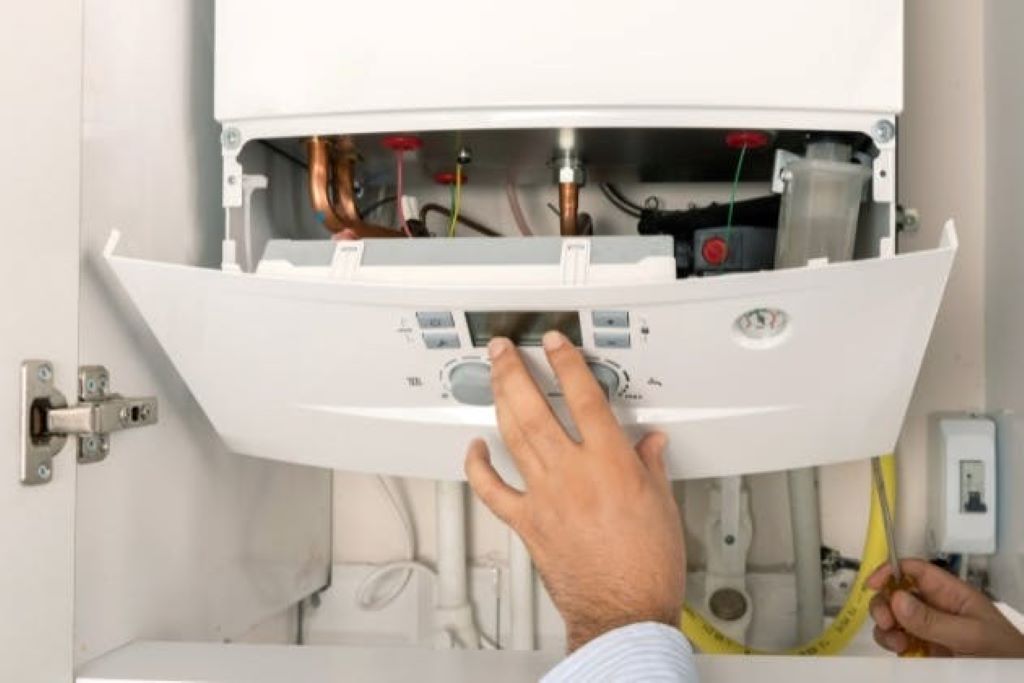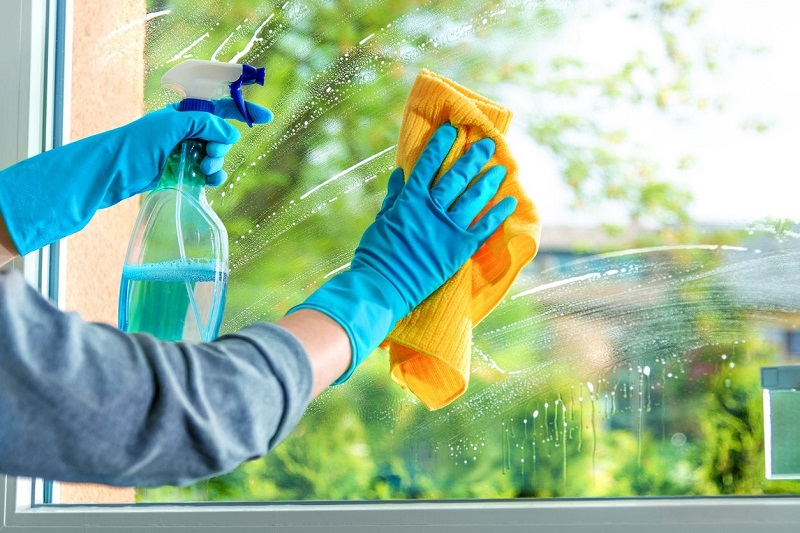Winter in Liverpool can be harsh, with temperatures often dipping below 5°C, making a reliable boiler essential for a warm home. Boiler fails, however, can leave households shivering and facing costly repairs. This blog post explores affordable fixes to keep your heating system running smoothly, ensuring you avoid a chilly winter. We’ll educate you on common issues, demonstrate practical solutions, and fascinate you with insights into maintaining warmth efficiently. From quick DIY checks to professional tips, we’ve got you covered with reliable advice to tackle boiler problems in Liverpool’s cold season.
Understanding Common Boiler Failures in Liverpool Homes
Boilers in Liverpool face heavy use during winter, leading to frequent issues like loss of heat or low pressure. According to a 2023 UK government report, 20% of households experience boiler breakdowns annually, with cold weather exacerbating faults. Common problems include frozen pipes, faulty thermostats, and pressure drops, often worsened by Liverpool’s damp climate. These issues can disrupt hot water and heating, leaving homes chilly.
Many boiler fails stem from neglected maintenance. For instance, sludge buildup in radiators reduces efficiency, forcing boilers to work harder. A personal experience taught me this when my Liverpool flat’s radiators stayed cold despite the boiler running. Bleeding them revealed black water, a sign of sludge, which a quick flush resolved. Regular servicing can prevent such issues, saving money and ensuring warmth throughout winter.
Affordable DIY Fixes for Boiler Problems
Some boiler issues can be fixed without calling an engineer, saving you money. Low boiler pressure, often below 1 bar, is a common problem in Liverpool homes. Check the pressure gauge and top up water using the filling loop, as advised by the Energy Saving Trust. This simple step often restores heat. Additionally, bleeding radiators removes trapped air, improving efficiency.
Frozen condensate pipes are another frequent issue in winter. Thawing them with warm (not boiling) water can quickly restore function. However, always turn off the boiler first to avoid damage. These DIY fixes are cost-effective but require caution. If unsure, consult a professional to prevent costly mistakes. Regular checks, like monitoring pressure weekly, can keep your boiler running smoothly.
Quick DIY Boiler Maintenance Tips
- Check pressure weekly: Ensure it stays between 1-1.5 bar.
- Bleed radiators: Release air to improve heat circulation.
- Inspect for leaks: Small drips can signal bigger issues.
- Thaw frozen pipes: Use warm water on condensate pipes.
When to Call a Professional for Boiler Repairs
While DIY fixes help, some boiler fails need expert attention. Faulty diverter valves or broken thermostats often require a Gas Safe engineer’s skills. In Liverpool, where 30% of homes rely on older boilers, professional servicing is crucial to avoid breakdowns. Engineers can also clean sludge from systems, restoring efficiency.
Ignoring serious issues, like strange noises or persistent pressure loss, can lead to costly replacements. For example, a friend in Liverpool ignored a leaking boiler, resulting in a £2,000 replacement. Calling a professional early can save hundreds. Look for certified engineers in Merseyside to ensure safe, reliable repairs. Regular servicing, ideally in summer, prevents winter emergencies.
Preventing Boiler Issues with Regular Maintenance
Prevention is key to avoiding a chilly winter. Annual boiler servicing by a Gas Safe engineer ensures optimal performance. This includes checking for leaks, testing pressure, and cleaning components. Servicing can reduce breakdown risks by 50%, according to the Energy Saving Trust. In Liverpool’s cold, damp climate, this is especially important to maintain efficiency.
Simple habits, like insulating pipes to prevent freezing, also help. For instance, during a harsh Liverpool winter, my uninsulated pipes froze, halting heating. Wrapping them with foam lagging solved the issue for under £20. Additionally, setting thermostats to 18-21°C and using timers can lower energy bills while keeping homes warm. Consistent maintenance avoids unexpected boiler fails.
Top Maintenance Tips for Liverpool Homeowners
- Schedule annual servicing: Book in summer to avoid winter rush.
- Insulate pipes: Prevent freezing with affordable foam lagging.
- Use a timer: Heat only when needed to save energy.
- Monitor radiators: Cold spots may indicate sludge buildup.
Cost-Effective Upgrades for Older Boilers
Older boilers, common in Liverpool’s terraced homes, are less efficient, increasing energy bills. Upgrading to a modern combi boiler can save up to £300 annually on heating costs, per the Energy Saving Trust. While new boilers cost £1,500-£3,000, government grants like the ECO4 scheme can offset costs for eligible households).
If replacement isn’t affordable, upgrades like smart thermostats improve efficiency. These devices, costing £100-£200, allow precise temperature control, reducing energy waste. A neighbor in Liverpool installed one and cut their bills by 15%. Weigh the costs of repairs versus upgrades to decide what’s best. Small investments now can prevent a chilly winter later.
Energy-Saving Tips to Stay Warm in Liverpool
Beyond boiler fixes, energy-saving habits keep homes warm affordably. Insulating walls and lofts can reduce heat loss by 25%, per the UK government’s 2023 energy report. Draught-proofing windows and doors with strips or cloths is another cheap fix, costing under £10. These steps ensure your boiler works less, saving money.
Using curtains strategically also helps. Open them during the day to let sunlight warm rooms, and close them at dusk to trap heat. My Liverpool home felt warmer after adding thick curtains, reducing reliance on heating. Setting thermostats to 18°C in bedrooms and 21°C in living areas balances comfort and efficiency, preventing a chilly winter.
Energy-Saving Hacks for Winter
- Draught-proof gaps: Use strips to seal windows and doors.
- Open curtains daytime: Let sunlight naturally heat rooms.
- Lower thermostat slightly: 1°C reduction saves £80 yearly.
- Insulate walls: Reduce heat loss for better efficiency.
Conclusion
Boiler fails can make Liverpool’s winters unbearable, but affordable fixes and regular maintenance ensure a warm, cozy home. From DIY pressure checks to professional servicing, these solutions prevent chilly nights and high repair costs. Energy-saving habits, like insulating pipes and draught-proofing, further reduce expenses. By acting now, you can avoid unexpected breakdowns and enjoy a comfortable winter. Share your boiler maintenance tips or questions in the comments below, or spread this guide to help others stay warm!
FAQs
Why does my boiler lose pressure frequently?
Low pressure often results from leaks or air in the system. Check for drips and top up using the filling loop. If issues persist, call a Gas Safe engineer.
How can I tell if my boiler needs servicing?
Signs include strange noises, cold radiators, or high energy bills. Annual servicing prevents breakdowns and maintains efficiency.
Can I fix a frozen condensate pipe myself?
Yes, thaw it with warm water after turning off the boiler. Avoid boiling water to prevent pipe damage.
Are smart thermostats worth the cost?
Smart thermostats save 10-15% on bills by controlling temperatures precisely, making them a cost-effective upgrade.
How often should I bleed my radiators?
Bleed radiators annually or when they feel cold at the top, ensuring efficient heat circulation.
Read More:
Home Assistant Ubuntu vs Windows Docker
What Obscure IFTTT Connection Tips Unlock Advanced Smart Home Potential?






